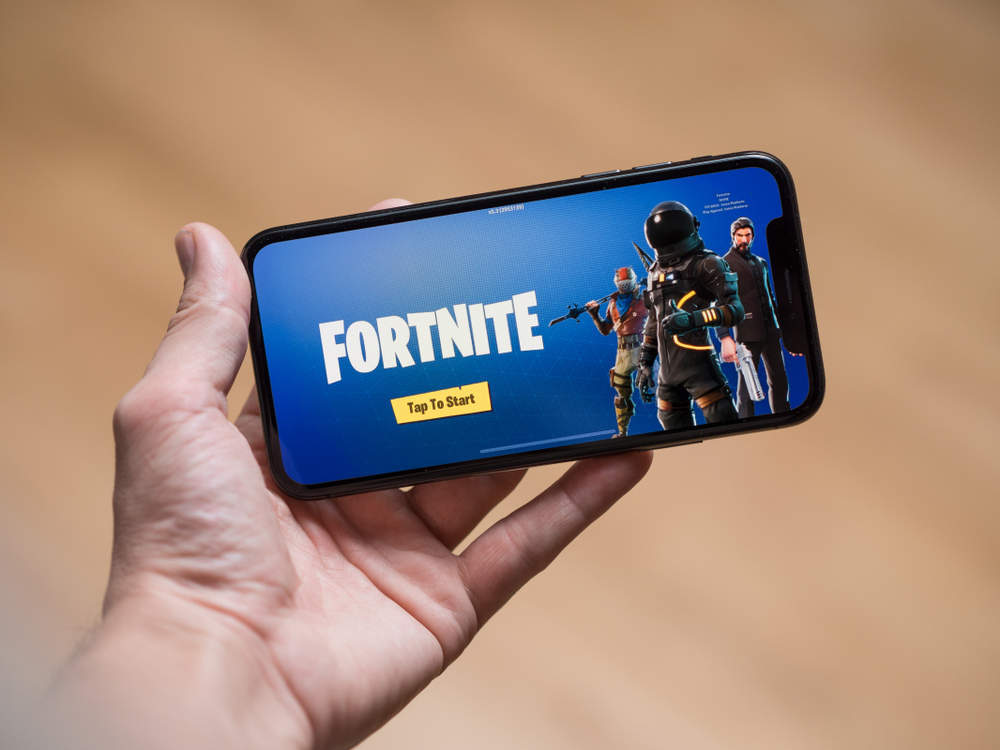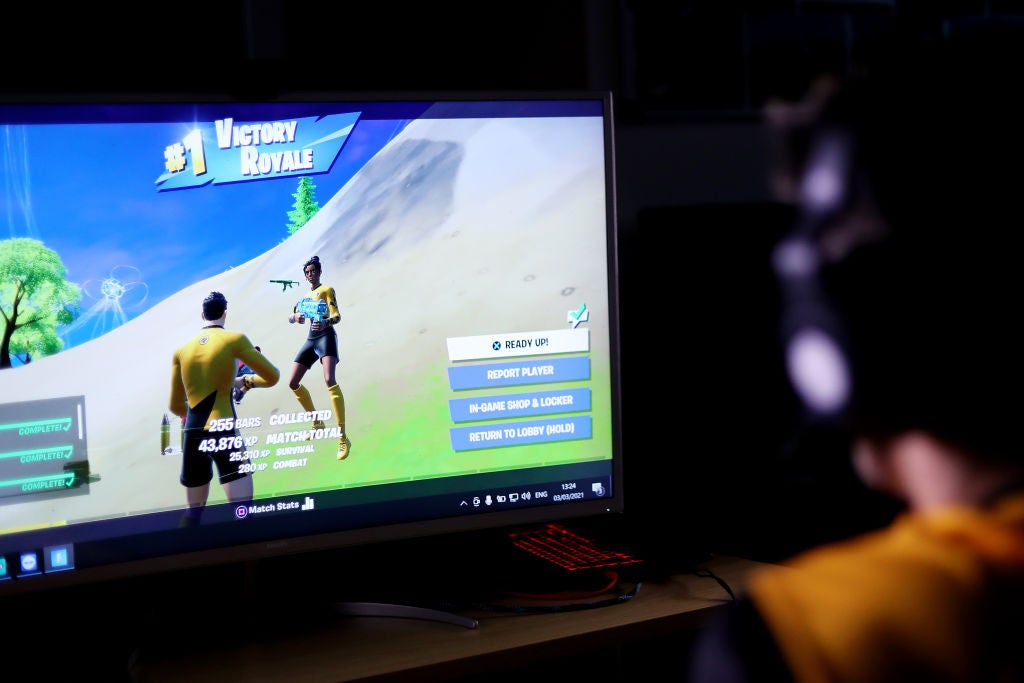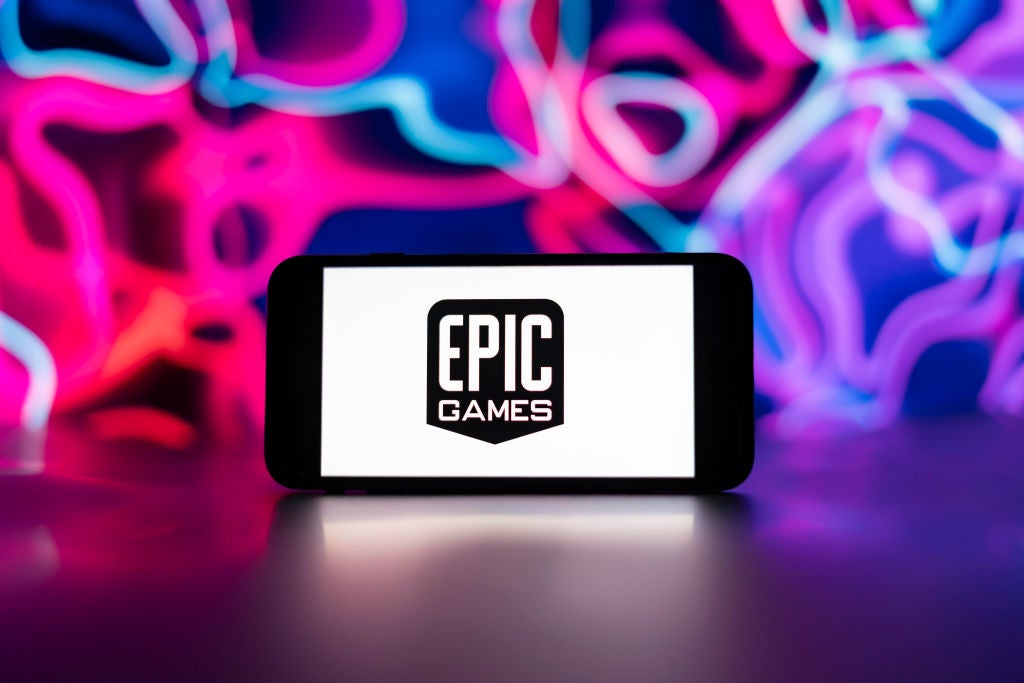
The race for 5G networks has started but it will be mobile gaming that pushes carriers into 5G upgrades. Fortnite demands low latency and constant connectivity so that, on mobile, most gamers will be gated in wifi. But 5G will set them free.
5G connectivity promises multiples of performance over 4G networks — new tech means apps will draw down on the available 5G spectrum to ensure faster speeds.
How this technology will be used and potentially adopted at scale will drive the required infrastructure investment.
Mobile carriers in Asia, the Middle East, and North America are fronting the cash, hoping that when 5G devices appear next year, early adopters will flock to their networks.
The European operators are more bullish, bolstering wired fibre networks to offer 5G adjacent speeds pulling connectivity via wifi through these networks.
BT’s acquisition of EE is predicated on a similar strategy and this is a similar mechanism Google uses to provision its much-vaunted Project Fi.
How well do you really know your competitors?
Access the most comprehensive Company Profiles on the market, powered by GlobalData. Save hours of research. Gain competitive edge.

Thank you!
Your download email will arrive shortly
Not ready to buy yet? Download a free sample
We are confident about the unique quality of our Company Profiles. However, we want you to make the most beneficial decision for your business, so we offer a free sample that you can download by submitting the below form
By GlobalDataFor operators to crack open the piggy bank to fund 5G, its going to take more than enhanced mobile broadband for traditional internet-based content, which is adequately served by 4G.
During the Winter Olympics, Korean carrier KT piloted 5G for mobile broadband.
In addition to the operating lesson learnt, the company’s 5G task force leader Lee Jong-sik reiterated that oft-repeated adage that how best to monetise this next generation connectivity remains a “big headache”.
Driverless cars is one possible solution, however, insurance legislation and technological immaturity still remain a barrier.
Similarly growth drone technology, whilst theoretically enhanced by 5G, is far from dependant on it. Take Starship Technologies which next year will be expanding its fleet of 20 delivery bots 50-fold.
For German car maker Mercedes Benz, postal service Swiss Post, food delivery firm Just Eat and UK supermarket the Co-op, trials of drones trundling along at 10mph need only ultrasonic detection, cameras, radar and GPS.
So should operators look to gaming to justify early 5G investments?
One in three people on the planet are paying for games on PC and mobile. Whilst perhaps the biggest title, Pokémon Go, needed little more than onboard hardware and GPS, far more taxing games are coming down operators’ pipes.
Earlier this year saw Fortnite Battle Royale released on mobile.
Whilst not the first headline title to hit mobile devices, it represents a sea change for gaming complexity on mobile.
Fortnite is quite the zeitgeist, attracting the ire of educators and the praise of rappers, sport stars, actors and gamers alike.
The games industry in general is moving to a so-called games-as-a-service model, necessitating the need for robust streaming infrastructure.
With Fortnite Battle Royale pulling in daily revenue of $1 million, other premium gaming titles will be circling and if cellular networks could better serve Epic Games’ behemoth then more users may flock to these network owners.
Whilst the enterprise market is seen as the cash-cow for operator’s investment, its high bandwidth consumer applications which perhaps demand the first use case for 5G.
Gaming is a vast segment in terms of user base and potential revenues.
As more gaming and interactive media content force out more traditional media, those operators first to use 5G should find that the video games industry’s player base is worth them levelling up.






Related Company Profiles
Starship Technologies
Epic Games Inc
Google LLC
Swiss Post Ltd
Just Eat Limited